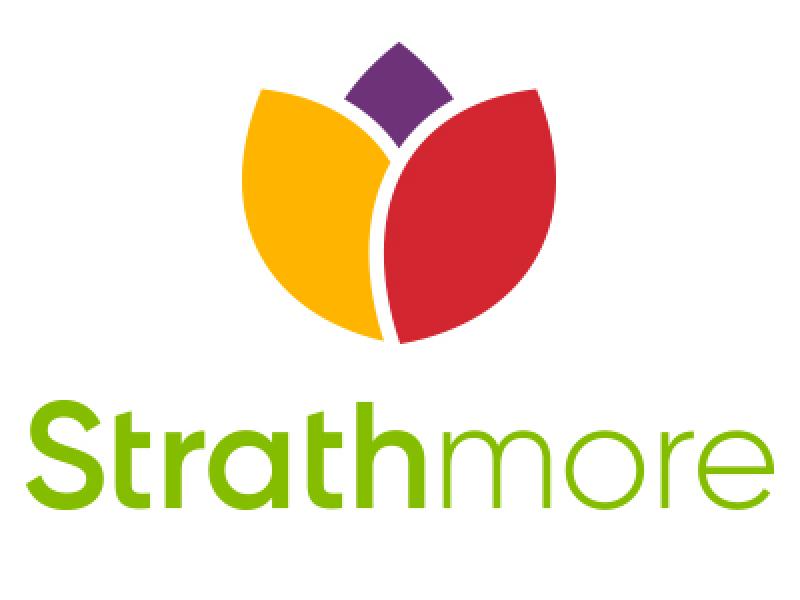A lot of people don’t like condominium apartments, they would never live in them, and they don’t like that they have sprouted up like weeds in Toronto, Vancouver, Calgary, Edmonton and Montreal. People complain about shoddy construction, the painful experience of underground parking, slow elevators, and noisy neighbours.
Despite the small share of dissatisfied residents that talk loudly online, nearly 64,000 condominium apartments were completed in Canada in 2015, 32% more than 2014, and twice as many as the 25-year average (per CMHC data). Just under 84% of new condo apartments were sold at completion in Canada last year, the highest level in seven years.
Prospective buyers often complain about how unaffordable housing in, but also complain that there are “too many condos.” Perhaps they need an economics refresher: typically when supply increases, and demand is held constant, prices decline. In Toronto, both supply and demand have increased, but in periods of above-average building completions, resale condominium price growth has been much lower than in periods where completions were low.
Why people should care about the condo market
When I have presented this reality to people, I often get the response, “I don’t want a condominium, so I don’t care if prices decline or slow down.” They should. The market is connected, every decision that is made when someone decides to move and take up residence elsewhere impacts the overall market. For example, if there is an abundance of condominiums, prices stay low, and it makes the more expensive single-family houses look less appealing.
Secondly, without rapid condo price appreciation, it is more difficult for condo owners to build up the equity required to buy the pricier single-family properties. Less demand for ground-oriented (singles, semis, and row) homes, the better chance the “condo hater” would be able to buy one, and the better chance that prices would actually be lower. People that dislike high-rise buildings, should actually hope that more get built, it would actually help them in their pursuit of a single-family home.
In the Toronto Census Metropolitan Area (CMA) in August, single-detached new home prices were up 23% annually, while resale singles jumped approximately 22% year-over-year. August 2016 resale condominium prices are up 10% in comparison to the same month last year, near the highest level of annual price growth in five years. During the first eight months of 2015, a whopping total of 27,292 condominium units completed in the Toronto CMA, compared to just 10,155 during the same time period this year. Less new supply of ownership housing has contributed to higher prices.
Supply and demand not in balance
Supply has not kept up with demand in Toronto, and especially Vancouver in 2016. The desire for homeownership remains high, but the properties available for sale remain low. Interestingly, according to a survey of Realtors conducted this year for Fortress’ Fall 2016 Market Manuscript, the top reason prospective buyers give for not purchasing a home is: “the prices are too high and will come down”.
Based on the lack of supply in Toronto, the chance of house price declines in the coming months are very slim. In the absence of an unexpected recession or surprise government interaction to cool house prices, only an influx of supply will prevent prices from continuing to skyrocket.
Even if you dislike condominiums, blame high house prices on foreign buyers, AirBnB, or cheap credit, a viable solution is to build more. Build social housing, student housing, rental housing, market-rate housing, and luxury housing. With more choices, there is a better chance you’ll find what you want, despite more of what you don’t.
——————
To read about the major issues impacting the Canadian housing market, download the Fall 2016 Market Manuscript Pulse Edition: here.
Fortress Real Developments is a diversified real estate development and investment company that partners with established builders and developers across the country. Fortress sources equity capital for the partnership, in addition to providing value-add services such as market research, structuring of debt, marketing, and other realty services. Ben assists in evaluating both the market conditions and projects that Fortress is active in. Follow his blog posts and commentary on the Canadian Housing Market at www.fortressrealdevelopments.com/news or follow him on twitter at @BenMyers29







